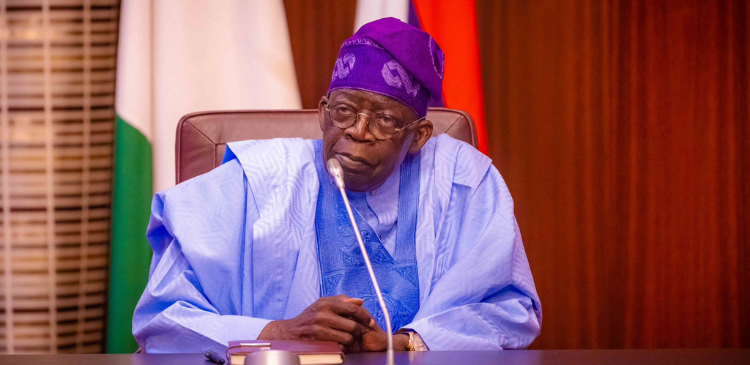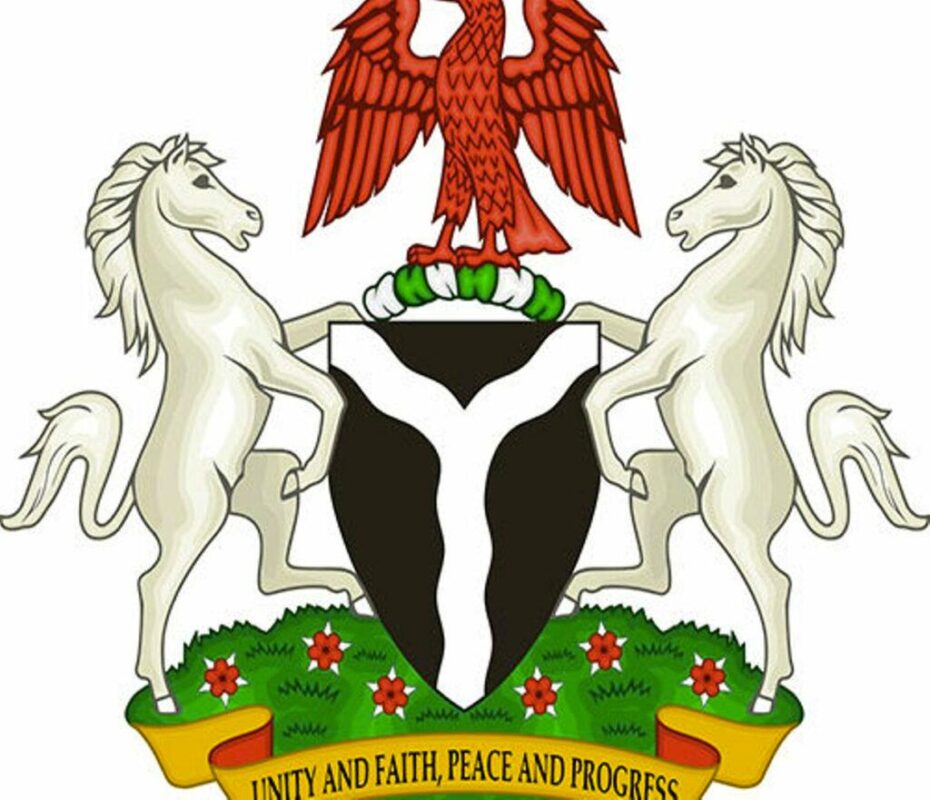The World Bank has called upon the Federal Government to utilize a portion of the savings resulting from the removal of fuel subsidies to alleviate the suffering of Nigerians, which has been exacerbated by the negative consequences of this policy. In its recent Nigeria Development Update (NDU) publication, the World Bank highlighted that without measures to mitigate the adverse effects of subsidy removal on the population, an additional 7.1 million Nigerians could be pushed into poverty.
According to the World Bank, the removal of petrol subsidies and foreign exchange management reforms are vital steps towards rebuilding fiscal space, restoring macroeconomic stability, and should serve as an opportunity for further necessary policy reforms. The organization acknowledged that the new administration has initiated critical reforms to address macroeconomic imbalances.
Specifically, the World Bank emphasized that the President should seize this window of opportunity to make a transformative impact on the lives of millions of Nigerians and establish a strong foundation for sustainable and inclusive growth. The NDU report, titled “Seizing the Opportunity,” emphasized the importance of implementing a comprehensive reform package that includes various complementary measures and a new social compact to protect the poor and most vulnerable. This would maximize the collective impact on growth, job creation, and poverty reduction.
The report revealed that Nigeria’s economic growth weakened in the first part of 2023, with real Gross Domestic Product (GDP) growth declining from 3.3% in 2022 to 2.4% year-on-year (y-o-y) in Q1 2023. The challenging global economic context has exerted pressure on Nigeria’s economy, but domestic policies play a crucial role in determining the country’s economic performance and resilience to external shocks.
The World Bank stated that the previous combination of fiscal, monetary, and exchange rate policies, including the naira redesign program, did not deliver the desired improvements in growth, inflation, and economic resilience. However, the new government has recognized the need for a new approach and has already commenced critical reforms, such as the elimination of petrol subsidies and reforms in the foreign exchange market.
By removing the petrol subsidy, the government is projected to achieve fiscal savings of approximately N2 trillion in 2023, equivalent to 0.9% of GDP. These savings are expected to reach over N11 trillion by the end of 2025.
Regarding the impact of subsidy removal on Nigerians, the World Bank stated that in the immediate term, the removal has led to price increases that adversely affect poor and economically vulnerable households. The price of petrol has nearly tripled, significantly impacting those directly purchasing and using petrol, as well as those indirectly consuming it. Among the poor and economically insecure households, 38% own motorcycles and 23% own generators that rely on petrol, with many others using petrol-dependent transportation.
As a result, these households will experience an income loss equivalent to N5,700 per month. Without compensation measures, an additional 7.1 million people may fall into poverty. Many current and newly impoverished households may resort to coping mechanisms that have long-term adverse consequences, such as discontinuing education for their children, reducing visits to healthcare facilities, or compromising on nutritious dietary choices.




